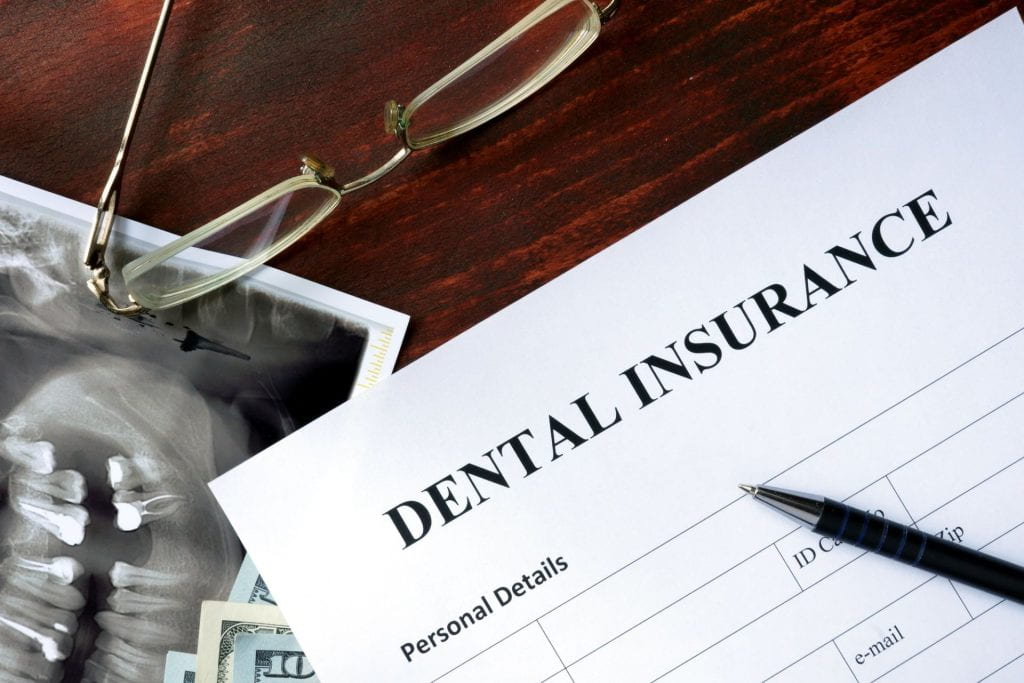
Dental insurance is an important part of overall healthcare coverage. It helps individuals and families afford the costs of dental care and promotes good oral health. However, understanding dental insurance can be confusing, especially with all the different plans and terms involved. In this article, we will break down the basics of dental insurance to help you navigate through the complexities.
- How dental insurance works:
Dental insurance works similarly to other types of insurance. Individuals pay a monthly premium to have coverage for dental services. When they need dental care, they visit a dental provider who is contracted with the insurance company. The dental provider bills the insurance company for the services rendered, and the insurance company pays a portion of the costs. The individual is typically responsible for paying a co-payment or deductible, depending on the plan.
- Different types of dental insurance plans:
There are different dental insurance options available, including Preferred Provider Organization (PPO) plans, Health Maintenance Organization (HMO) plans, and Dental Discount Plans (DDPs). PPO plans offer a network of dentists and allow individuals to visit both in-network and out-of-network providers. HMO plans require individuals to visit dentists within a specific network. DDPs offer discounted fees for dental services but do not involve insurance.
- What dental insurance covers:
Dental insurance plans typically cover preventive services such as regular check-ups, cleanings, and X-rays at 100%. Basic services like fillings and extractions are usually covered at around 70-80%, while major services like crowns and root canals are covered at around 50%. However, coverage may vary depending on the plan and insurance company. It’s important to carefully review your policy to understand what is and isn’t covered.
- Common dental insurance terms:
In conclusion, dental wellness plan plays a vital role in maintaining oral health and managing the cost of dental care. Understanding the basics of how dental insurance works, the different types of plans available, what is covered, and common insurance terms will help individuals make informed decisions and maximize their benefits. If you have any specific questions or concerns, it’s always best to reach out to your insurance provider or dental office for clarification. You can get more enlightened on this topic by reading here: https://en.wikipedia.org/wiki/Dental_insurance.